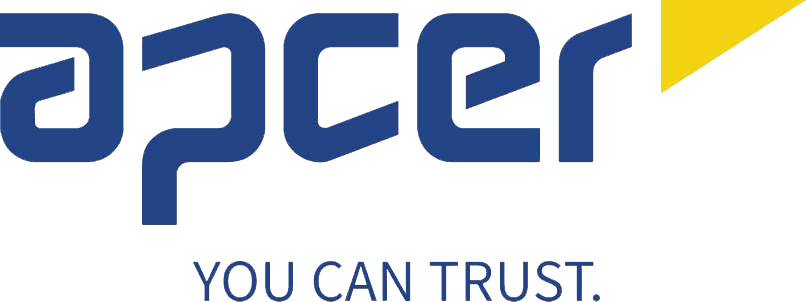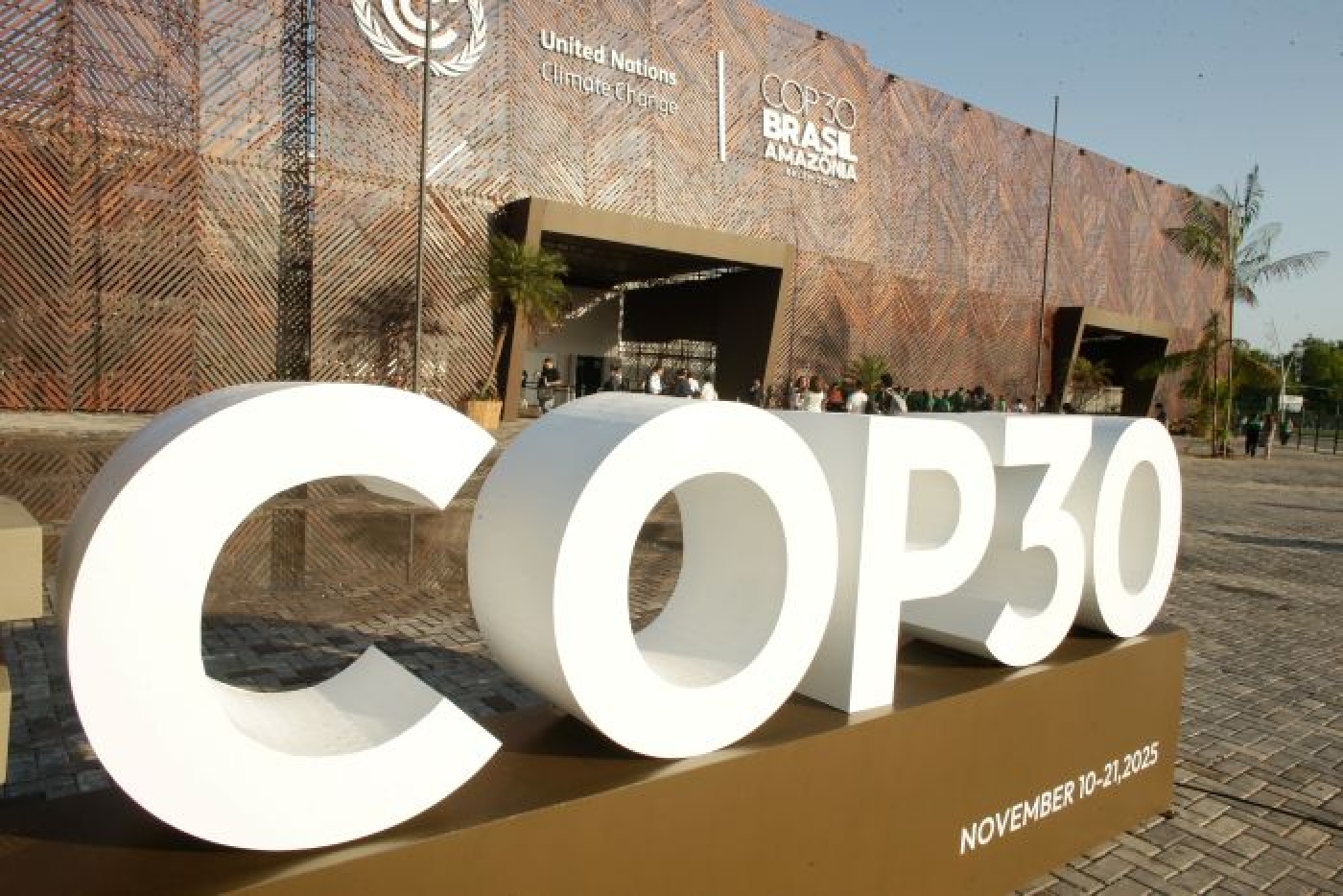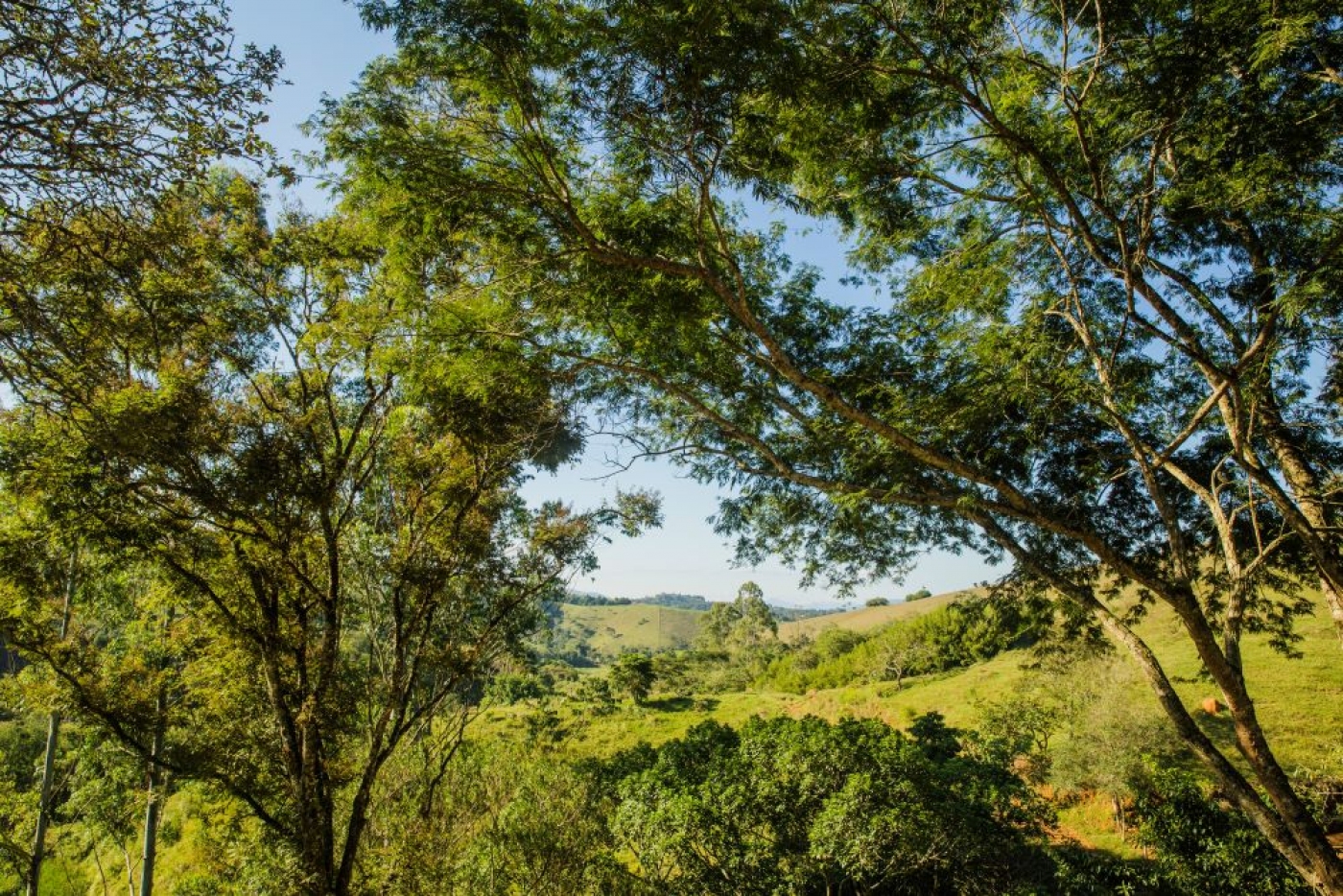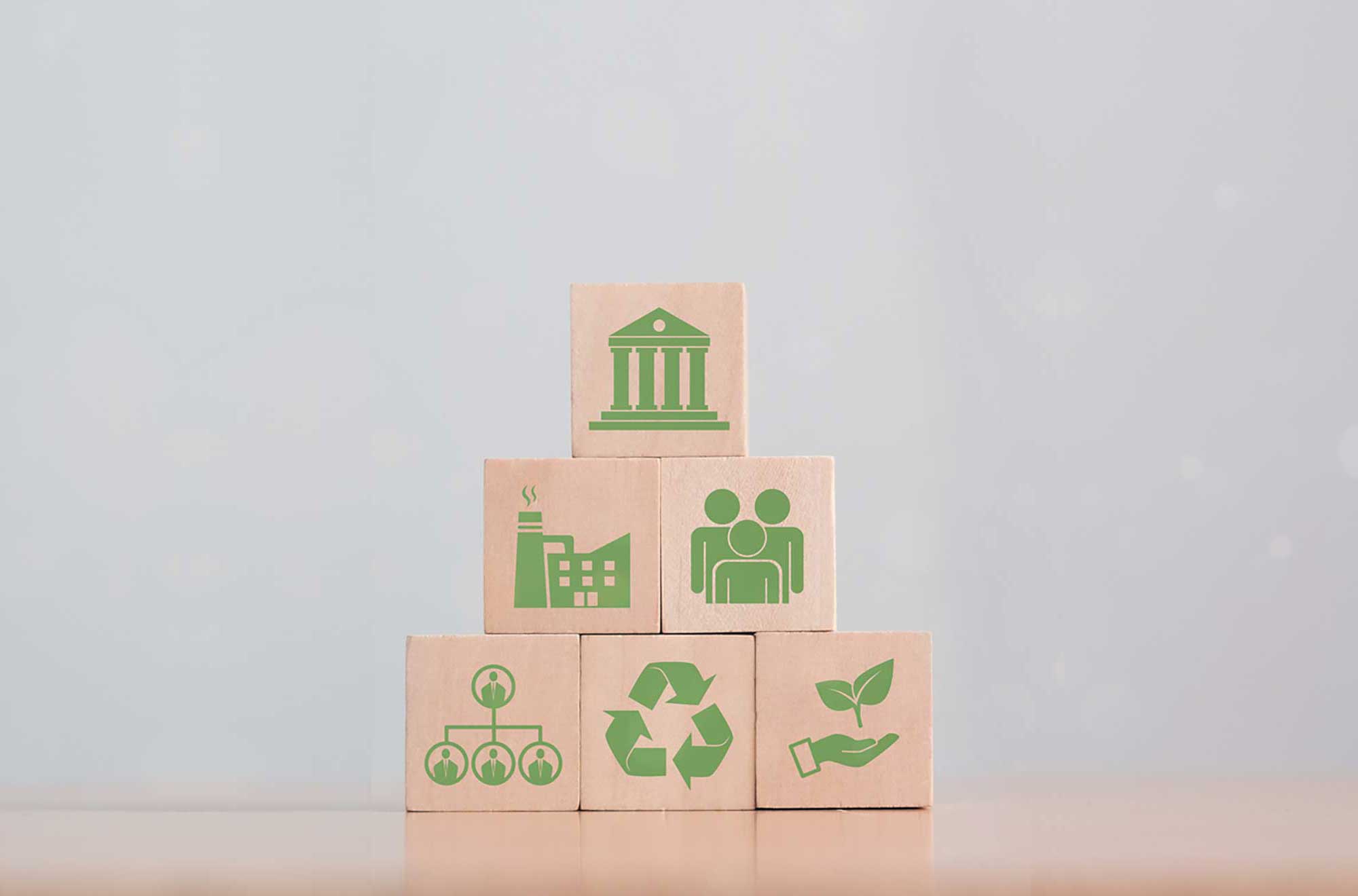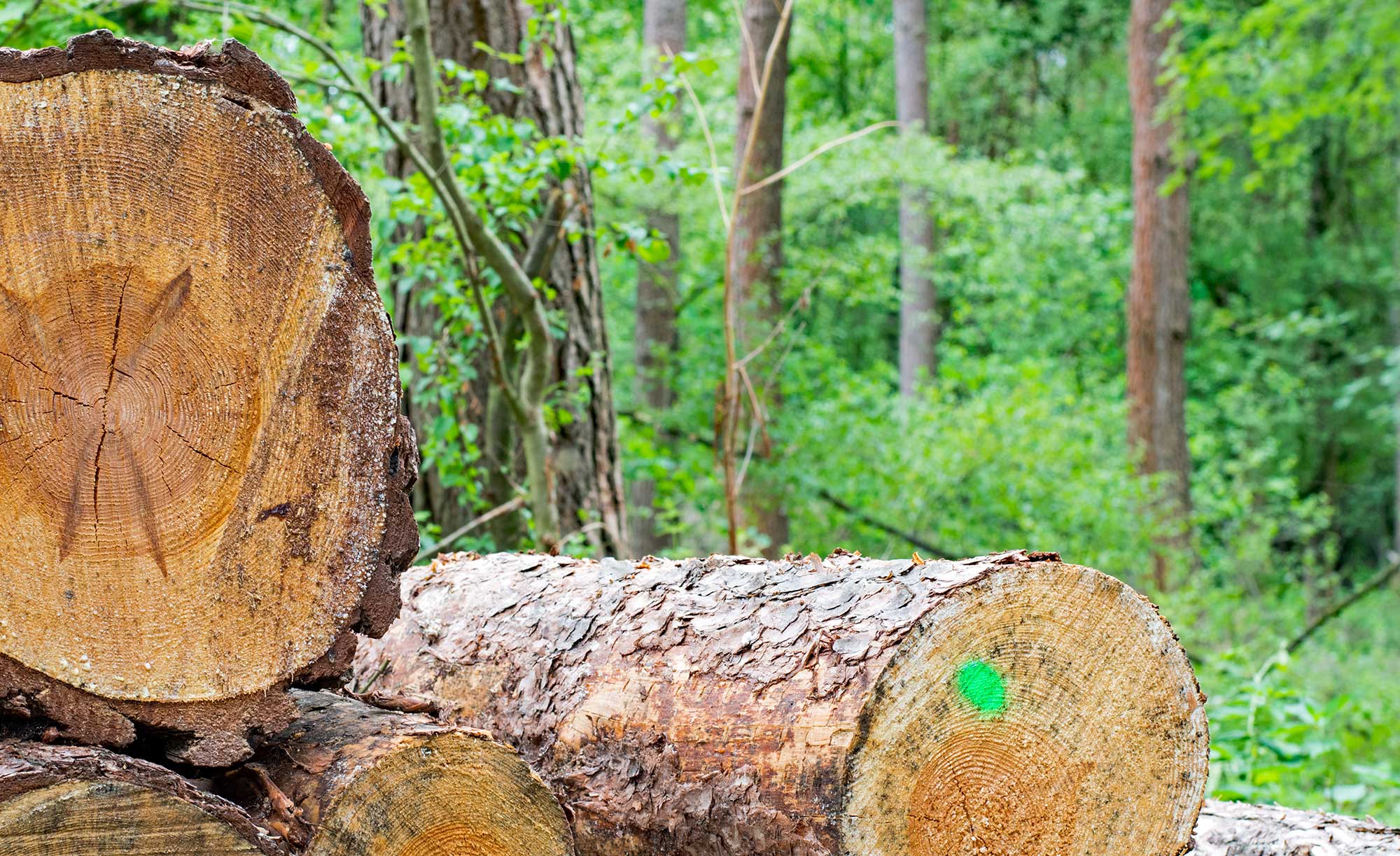On June 29, Regulation (EU) 2023/1115, Anti-Deforestation of the European Union (EUDR), came into force, prohibiting the import of products from deforested regions after December 2020. The scope of this regulation covers a wide range of products, including soy, palm oil, beef and coffee, as well as wood and rubber products.
With this regulation, the EU intends to minimize the consumption of products from supply chains associated with deforestation or forest degradation, reduce carbon emissions resulting from the production and consumption of these products in Europe, by at least 32 million metric tons per year and address deforestation and forest degradation caused by agricultural expansion for the production of goods included within the scope of the regulation.
Operators and traders will therefore have 18 months to implement the new rules, with the provisions of the EUDR applicable from 30 December 2024. Micro and small companies will have specific rules and a longer period for adaptation.
In order to comply with the Regulation, operators and traders who place these products on the European market will have to implement a set of steps that include:
- Collect information about the products sold, to ensure that they were not produced on land deforested or degraded after December 31, 2020.
- Perform due diligence, analyze and assess your supply chain risk. Classification according to the level of risk of deforestation and degradation in the countries of origin will condition the level of control of products from there.
- Implement appropriate mitigation measures, such as using satellite tools for monitoring, site audits, supplier training or isotope testing to validate product origin.
The FSC® - Forest Stewardship Council (FSC® A000537) and the PEFC - Program for the Endorsement of Forest Certification schemes, although they cannot be used to exempt companies from their due diligence obligations, are a tool to support in assessing and mitigating risks and systematically demonstrating that some of the requirements related to the EUDR are met.
FSC Contribution
FSC's sustainability requirements cover both environmental and social aspects. Thus, FSC certification provides a solid foundation for companies to develop and meet their EUDR-related obligations. Additionally, the FSC has partnered with leading technology companies to implement innovative solutions, such as blockchain, to enable traceability and geolocation of FSC certified products.
PEFC contribution
The voluntary PEFC certification supports the new EUDR regulation and can be used as part of the Due Diligence procedure. PEFC has already identified potential improvements to increase alignment with this Regulation: human rights, geolocation of forest areas and free from deforestation, to ensure adequately conclusive and verifiable information that the material is free from deforestation and in compliance with the legislation will be available for PEFC certified material.
